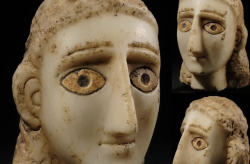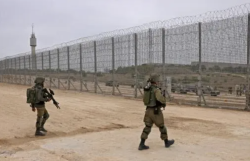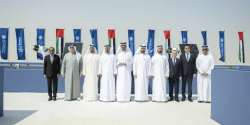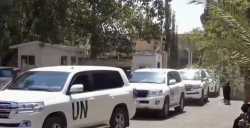Electoral campaign for Algerian presidency launched
- 2019-11-18 10:02:06


 Pierre Rayer: Art, Science, and Happiness: The Universal Mission of Transmission to Future Generations through Patronage at the Louvre Abu Dhabi
Pierre Rayer: Art, Science, and Happiness: The Universal Mission of Transmission to Future Generations through Patronage at the Louvre Abu Dhabi Ahly crowned Super champions after dramatic extra-time win over Modern Future FC
Ahly crowned Super champions after dramatic extra-time win over Modern Future FC Yemeni Honey..A Development Wealth Threatened By Conflict And Climate Change
Yemeni Honey..A Development Wealth Threatened By Conflict And Climate Change California wildfires: Millions warned of possible power cut
California wildfires: Millions warned of possible power cut Central African rebels launch attacks near capital
Central African rebels launch attacks near capital Real Madrid Edge Out Barcelona in Heated Clasico
Real Madrid Edge Out Barcelona in Heated Clasico Rare Sabaean Princess Head Statue from Yemen Listed in Vienna Auction, Sparking Heritage Concerns
Rare Sabaean Princess Head Statue from Yemen Listed in Vienna Auction, Sparking Heritage Concerns 12 IDF soldiers wounded in military-related car crash near Gaza border
12 IDF soldiers wounded in military-related car crash near Gaza border UAE breaks ground on Dh22bn solar and battery storage project
UAE breaks ground on Dh22bn solar and battery storage project Yemen's Houthis Detain More UN Staff, Bringing Total Number of Detainees to 60
Yemen's Houthis Detain More UN Staff, Bringing Total Number of Detainees to 60
